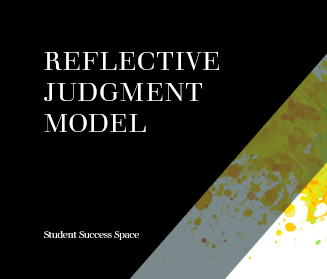In 1994, King and Kitchener developed the Reflective Judgment Model to examine how individuals arrive at conclusions and approach problems. Their model has seven different stages to describe the process.
Posts in Reflective Judgment Model
© 2025 Paving the Way. Created for free using WordPress and
Colibri
